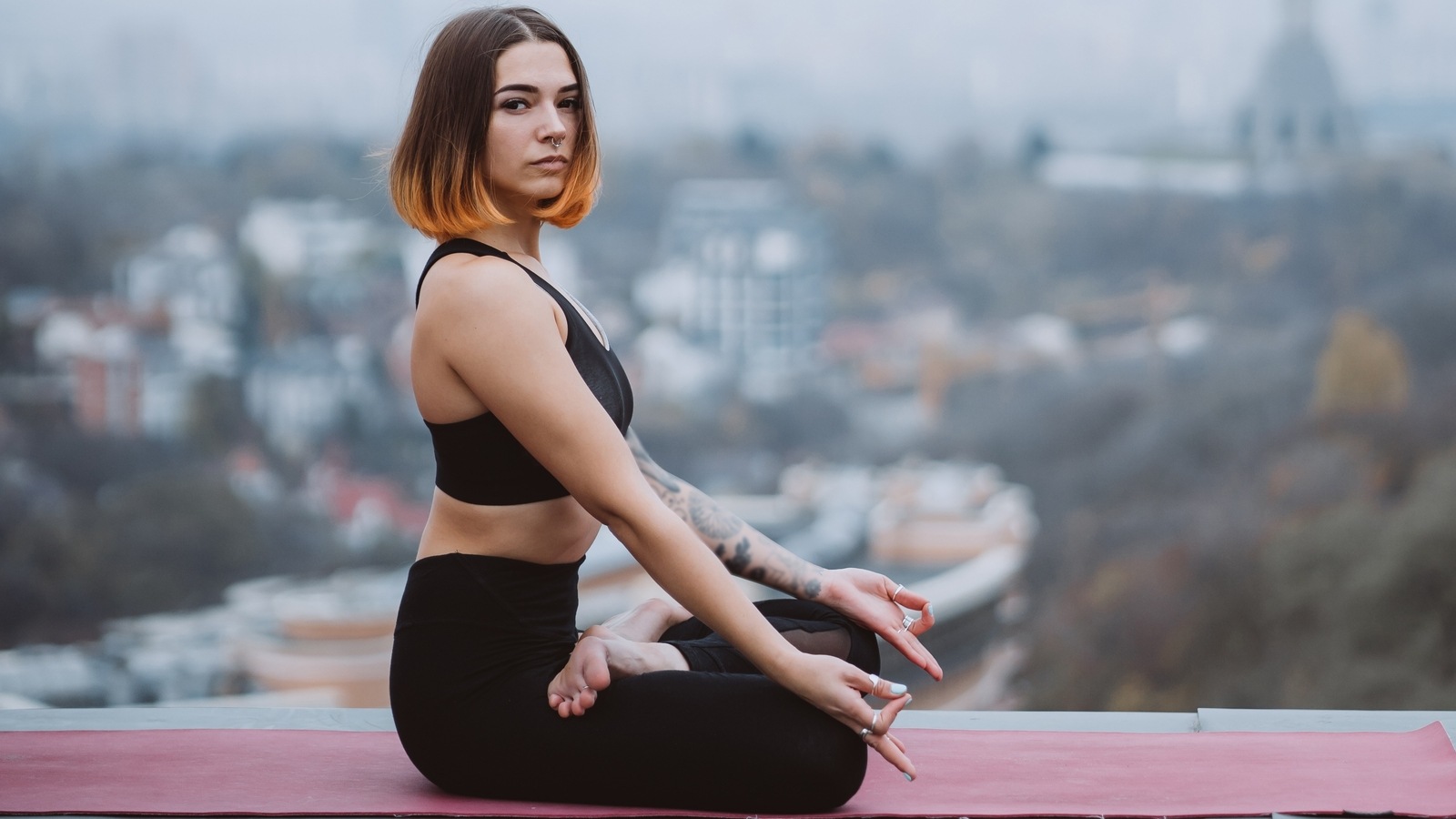Delhi has been reeling under extremely cold conditions as daytime temperatures drop to 15 degrees, with little sunlight to bring relief. Extreme cold can lower immunity and aggravate conditions like hypertension and respiratory issues such as asthma and COPD. It also adds to the troubles of arthritis patients as they may experience more pain, swelling and stiffness in cold temperatures. Cold temperatures can also affect skin and hair health. It is important to cut outdoor time when it’s freezing cold outside and one should make sure to cover the body in layers.
Apart from preventing exposure to cold, nourishing your body to fight the cold wave conditions is also important. From hydrating yourself to eating a balanced diet, the right dietary habits can help boost immunity and safeguard overall well-being.
If you can’t avoid stepping outside during such conditions, make sure to follow these simple measures suggested by experts.
“During periods of extreme cold, prioritizing personal safety and preparedness is crucial. Firstly, limit outdoor activities to the absolute minimum, seeking refuge indoors wherever possible. When venturing outside, layer your clothing in loose-fitting, insulating garments, prioritizing synthetic materials over moisture-retaining cotton. Cover extremities with waterproof boots, mittens, and a hat, as significant heat loss occurs from these areas. Ensure your face and mouth are protected from windchill with a scarf or balaclava. Monitor weather reports closely. If travel is unavoidable, ensure your vehicle is winterized with adequate antifreeze and properly inflated tires. Pack an emergency kit containing warm supplies, non-perishable food, and a first-aid kit. Hypothermia and frostbite can develop rapidly in extreme cold, so prioritize warmth, limit exposure,” says Dr. Aditya S Chowti, Senior consultant, Internal Medicine, Fortis Hospital, Cunningham Road, Bengaluru.
TIPS TO BEAT THE COLD WAVE
Dr Rahul Agrawal Consultant General Medicine CARE Hospitals Hitec City Hyderabad shares steps to protect yourself from the January cold.
1. Dress in layers: Start with a moisture-wicking base layer to keep sweat away from your skin. Add an insulating layer to trap and retain body heat. Use a waterproof and windproof outer layer to shield against harsh weather conditions.
2. Protect your extremities: Wear a thermal hat to prevent heat loss from your head, which is a significant source of body heat dispersion. Invest in high-quality gloves or mittens with insulation and waterproofing to shield your hands from the biting cold. Keep your feet warm and dry with insulated, waterproof boots and thick socks.
3. Cover your face: Utilise a scarf or face mask to cover your nose and mouth, providing an extra layer of protection against frostbite and the inhalation of extremely cold air.
4. Stay dry: Wet clothing can accelerate heat loss. Ensure your outer layer is not only warm but also waterproof to keep you dry in snow or rain. Change into dry clothes if you get wet, as dampness can significantly decrease your body temperature.
5. Limit exposure: Minimise the time spent outdoors during severe cold snaps. Schedule outdoor activities during the warmest parts of the day and take breaks indoors to prevent prolonged exposure.
6. Stay informed: Stay updated on weather forecasts, especially paying attention to wind chill warnings. Plan activities according to the forecast to avoid being caught in extreme weather conditions.
7. Keep hydrated and nourished: Consume warm fluids regularly to maintain hydration levels, as staying well-hydrated helps your body regulate temperature more effectively. Eat high-energy foods to provide your body with the fuel it needs to generate heat.
8. Know the signs of hypothermia and frostbite: Familiarise yourself with the symptoms of hypothermia, such as shivering, confusion, and slurred speech. Recognise signs of frostbite, such as numbness and changes in skin colour. Seek immediate medical attention if you or someone else displays these symptoms.
9. Stay active: Engage in moderate physical activity to generate body heat, but avoid overexertion to prevent excessive sweating, which can lead to wet clothing and increased heat loss.
10. Prepare your home: Ensure your home is well-insulated to retain heat. Have an emergency kit stocked with essentials like blankets, non-perishable food, a flashlight, and other supplies that may be needed during power outages.
11. Travel safely: If travel is necessary, inform someone of your plans and expected arrival time. Keep your vehicle in good condition and equip it with an emergency kit containing items such as blankets, food, water, and a flashlight.
In extreme cold, prioritising safety and taking proactive measures can make a significant difference in preventing cold-related illnesses and injuries.




